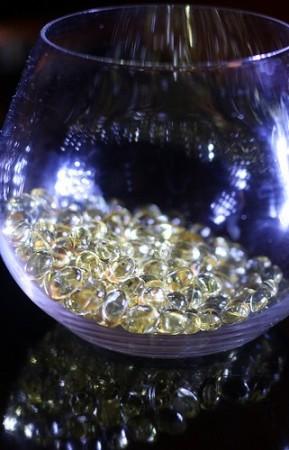
Vitamin D can help reduce the risk of developing colorectal or bowel cancer, says a new study.
For analysing the link, researchers from the Dana-Farber Cancer Institute in US selected 942 people from Nurses' Health Study and Health Professionals Follow-up Study. Of the total, 318 were suffering from colorectal cancer.
Shuji Ogino and colleagues based their findings on the blood samples they collected from the participants before the cancer-diagnosis.
Results showed that people with higher levels of serum 25-hydroxyvitamin D, (abbreviated 25(OH)D) in their blood were less likely to develop the disease than the others.
"People with high levels of vitamin D in their bloodstream have a lower overall risk of developing colorectal cancer," senior author of the study Dr Ogino from the Dana-Farber Cancer Institute, in US said in a news release.
Vitamin D facilitated this by improving the immunity, the authors said. "Laboratory research suggests that vitamin D boosts immune system function by activating T cells that recognize and attack cancer cells," Ogino added.
"This is the first study to show evidence of the effect of vitamin D on anti-cancer immune function in actual patients, and vindicates basic laboratory discoveries that vitamin D can interact with the immune system to raise the body's defenses against cancer," Ogino explained later.
The study reported in the journal Gut supports a previous research appeared in the Journal of Clinical Oncology last July. At that time, researchers from the University of Edinburg found that having higher levels of blood vitamin D reduced mortality risk in bowel cancer patients.
Vitamin D deficiency affects about one billion people in the world. This problem can be solved to a certain limit either by following a vitamin-D rich diet or by getting proper exposure to sunshine. Cheese, egg yolks, oily fish, button mushrooms and beef liver are some of the natural sources of vitamin D.














